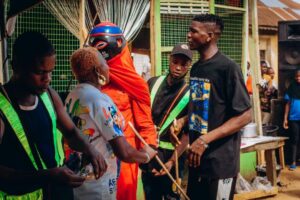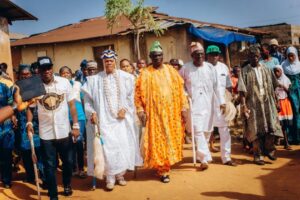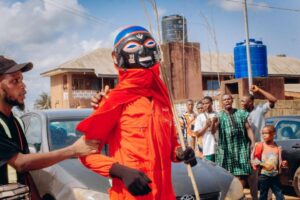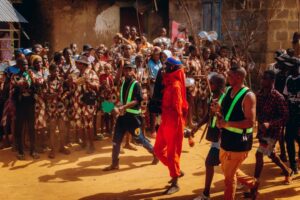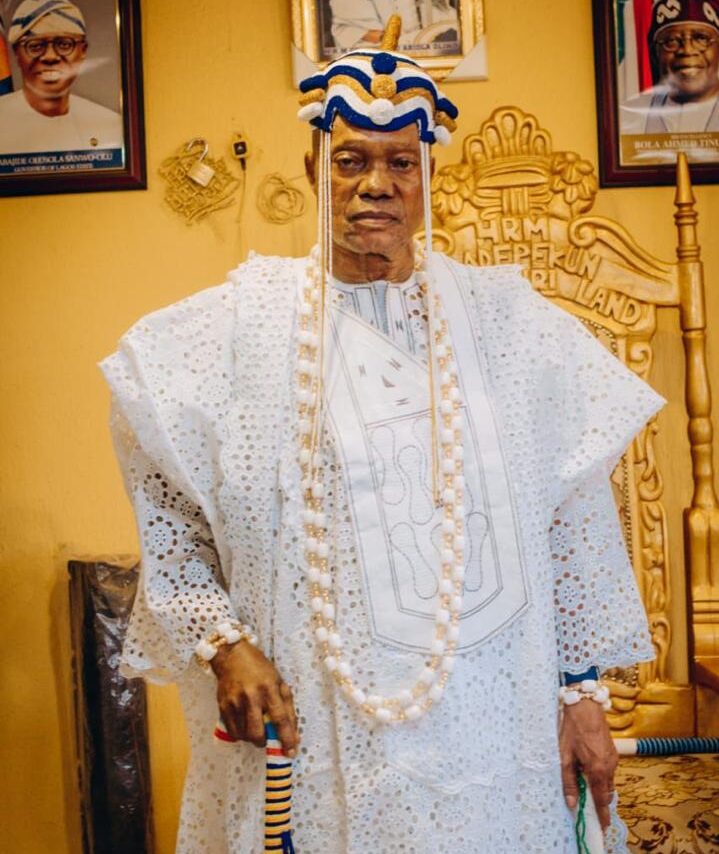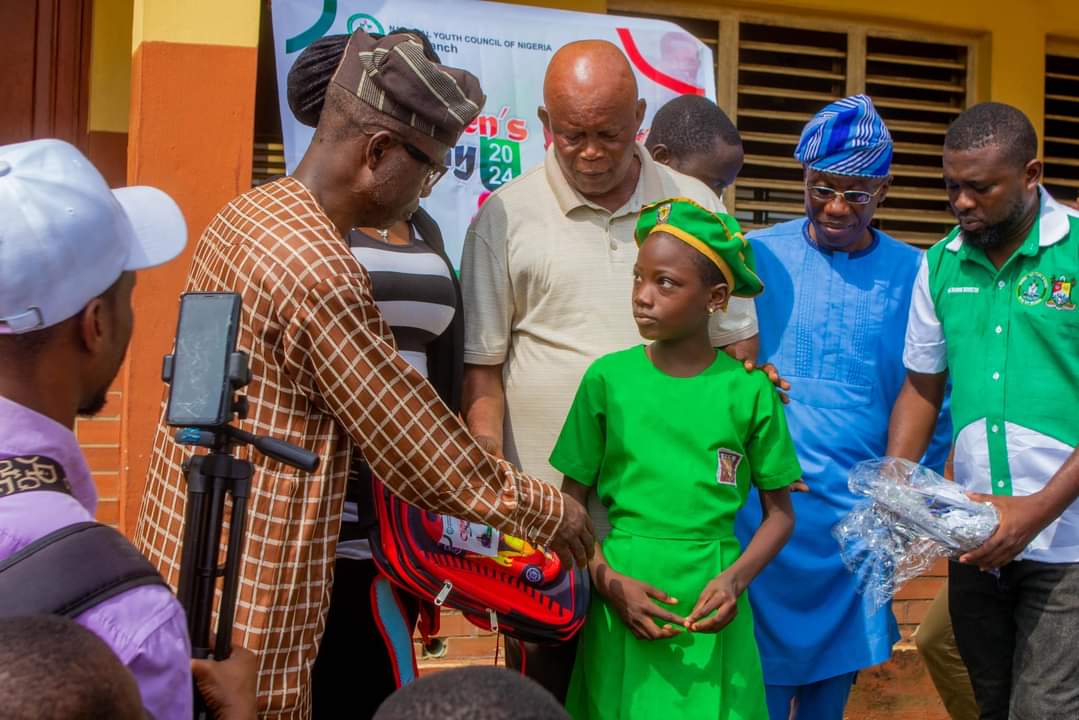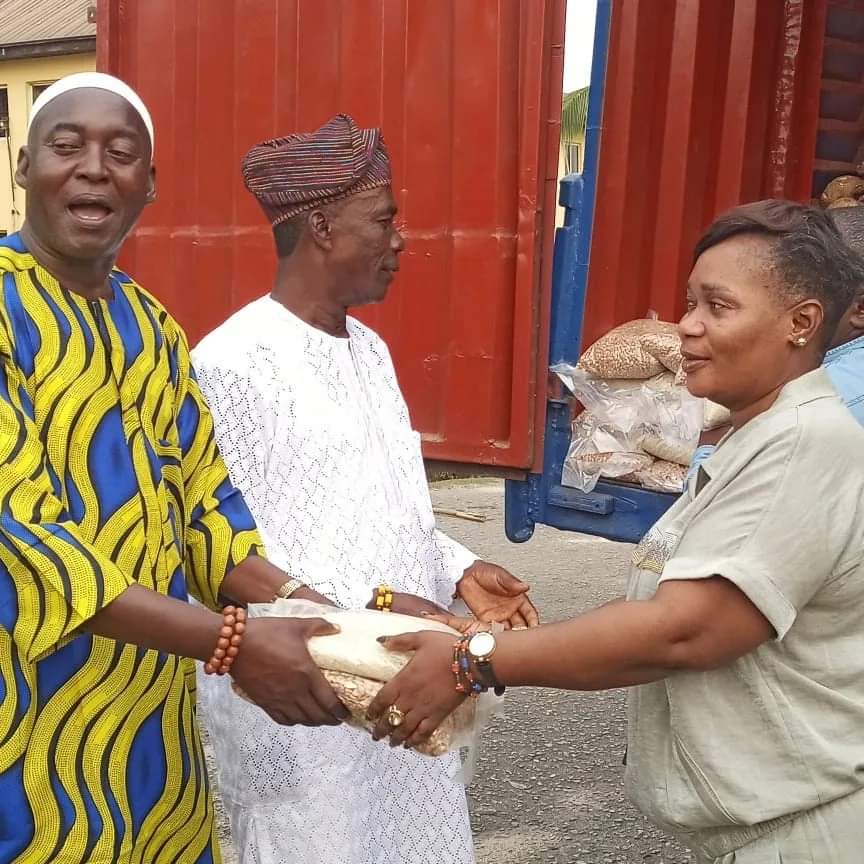In a colourful commemoration of the 2024 Kilajolu festival, held amidst jubilant theatrics, vibrant dance, and rhythmic drumming on Saturday, April 20, 2024, kakalistiq.com reports that the Aladepekun of Odo-Egiri kingdom in Eredo LCDA, Epe, Lagos State, HRM Oba Musiliu Abiola Oliwo, shared profound insights into the historical perspectives of the town.
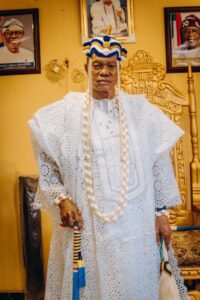
During an interview, the monarch highlighted the town’s relationship with sister communities such as Odomola and Noforija, emphasizing the essence of preserving the practice of the African traditional religion alongside peaceful coexistence with foreign religions.
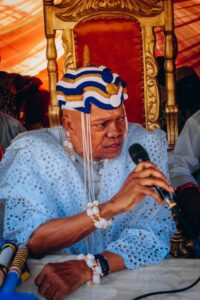
Oba Musiliu Abiola Oliwo traced the lineage of his ancestors from Ijebu-Ode town in Ogun State, narrating their migration alongside elder brothers, Aladeshonyin of Odo-Noforija and Omola of Odomola, to establish the unique kingdom of Odo-Egiri. He recounted the challenges faced by his progenitor, Adegbo, including the appeasement of potent deities and the subsequent intervention sought from Ifa priests, culminating in the coronation of the “Aladepekun” throne.
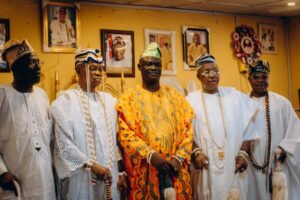
“Having stayed with his elder brother, the Omola of Odomola, Adegbo opted to leave for the left side of the Omola space to settle and start a new life called Larugba. The place called ‘Larungba’ was said to be inhibited by the Aiye deity.
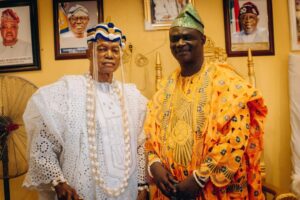
“Adegbo returned to Ijebu-Ode to seek help from the then-Awujale Sogunle in the 18th century to resolve the calamity of the tragic deaths of his offspring. The trip saw the invitation of Ifa priests from the Iwopin kingdom, who consulted the oracle, and revealed that there exists a powerful female deity adorned with beautiful hairs.
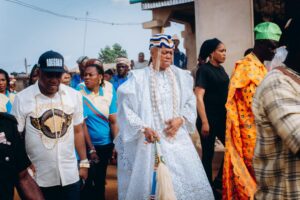
“Adegbo was then told to shift base a little, and the successful killing of a tiger culminated in the cognomen of the Odo-Egiri throne called “Aladepekun.” The place is now called Egiri Metti, with the “egiri” coined from the directive to stand firm in the place (duro giri si ibi bayii),” he said.
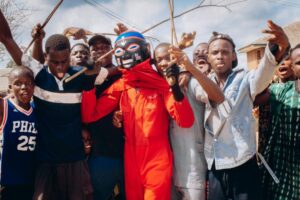
Emphasizing the rich cultural heritage of the Odo-Egiri kingdom, Oba Musiliu Abiola Oliwo highlighted the significance of the Kilajolu festival as a spiritually potent tool to ward off evil and its tourism potential. He spoke of the town’s blessed water bodies, particularly the Aiye River, which flows through to Epe, the 20-kilometre Itasin boundary, and its cordial relationship with neighbouring towns celebrating the festival. The monarch underscored the importance of regular worship of the kingdom’s deities in maintaining peace and warding off calamities.
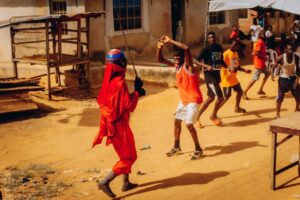
Addressing the importance of worshipping the kingdom’s deities, Oba Oliwo credited the practice with warding off calamities and fostering peace and security within the community. He attributed the absence of bloodshed or violent incidents in the kingdom to the devotion to African traditional religion, citing the successful filming of Nigeria’s acclaimed movie, “Tribe of Judah,” as a testament to the protective power of ancestral worship.

Looking ahead, Oba Oliwo revealed plans for worshipping a deity later in the year, which shows up once every decade, reaffirming his commitment to preserving cultural heritage and promoting religious tolerance.
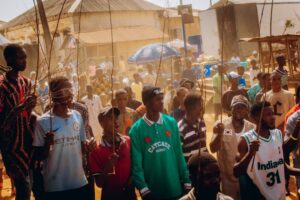
He expressed gratitude to the community for their support. He called upon government leaders, including President Bola Tinubu, Governor Babajide Sanwoolu, and Hon. Ismail Akinloye, to continue spearheading initiatives for the welfare and development of the people.
